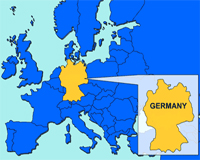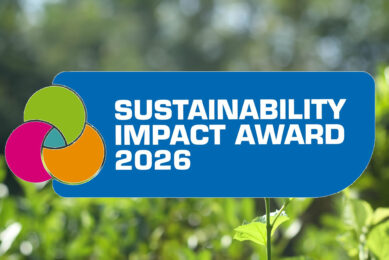German dioxin scandal: Feed company admits use of technical fats

The German animal feed company Harles & Jentzsch, headquartered in Uetersen, Germany, has admitted to have used industrial fats in the manufacturing of animal feed, which has led to an emergency situation in Germany in which over 1,000 poultry and pig farms have been quarantined as a precautionary measure.
The fat Harles & Jentzsch used came from a biofuels company Petrotec. Technical fat, like e.g. reused frying fat, can usually not be used for feed or food. For feed, only animal fat or vegetable fats can be used.
Technical fats can be used as e.g. biofuels or as raw materials for cosmetic or pharmaceutical products. It isn’t meant to be used for consumption – hence rather strong quality demands exist for fats used in feed or food.
Byproduct
On Tuesday, a spokesman at Harles & Jentzsch said the company used fatty acids for the manufacturing of 527 tonne of animal feed. The fatty acids were a byproduct of biodiesel and can be used for the manufacturing of lubricants.
The company said it was convinced that these fatty acids could also be used in animal feed. The German agricultural minister Ilse Aigner has now announced legislation to compel feed manufacturers to separate these products.
Reactions
The German Farmers’ Union (DBV) also said the case shows the importance of a chain wide quality system. As the contamination happened within an already existing quality system
Dadurch, customers could be warned straightaway and trade in compound feeds could be stopped. Still, it should be prevented, the DBV said, that situations like these lead to farmers going bust.
In a debate about food safety, Johannes Remmel, North Rhine Westphalia’s economy minister, said action needs to be taken. Raw materials for biodiesel and feed should not be manufactured at the same location.
Related news items:
• Dioxin contaminated feed causes pig farms to be quarantined (04 Jan 2011)
• Germany: More farms contaminated; eggs may be sold (05 Jan 2011)
Related websites:
• German Farmers Union (in German)











